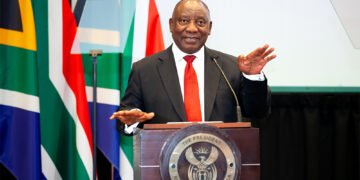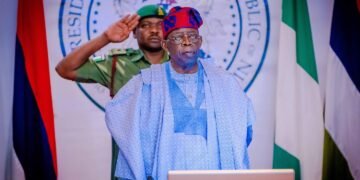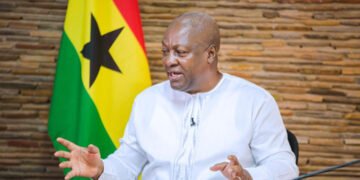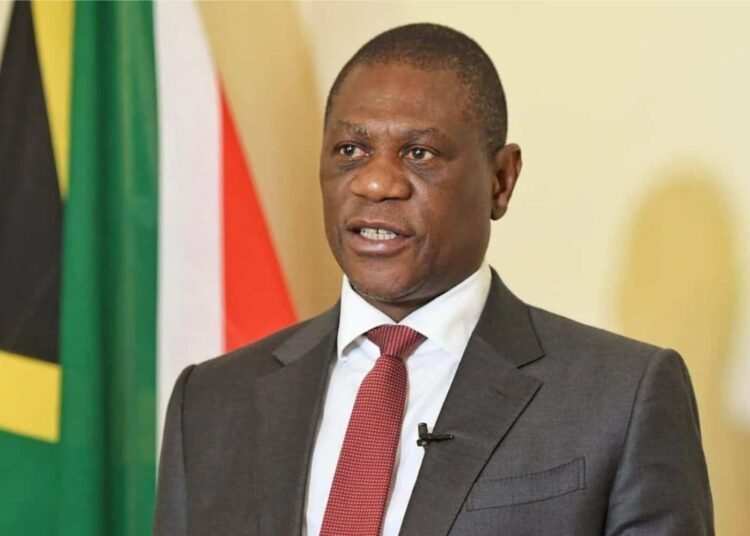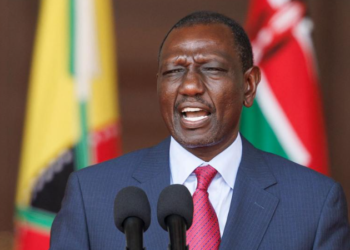In response to the United States’ newly imposed 30% tariffs, South Africa’s Deputy President, Paul Mashatile, has announced plans to deepen trade relations with India and China as part of a strategic shift to diversify the country’s global economic partnerships.
Speaking at an event hosted by the Ahmed Kathrada Foundation, Mashatile emphasized the need for South Africa to protect its economy by reducing reliance on traditional trade partners. “We know that we are one of the US’s biggest trading partners, but there is nothing that says we should not intensify our trade relations with India, China, and other countries,” he told an audience of business and community leaders.
The Deputy President’s comments come amid strained diplomatic ties between South Africa and the U.S., triggered by South Africa’s International Criminal Court (ICC) case against Israel and recent remarks by the South African ambassador critical of U.S. President Donald Trump. These tensions have resulted in punitive economic measures from Washington, including the steep tariff hike that has sparked concern among South African exporters.
Leveraging G20 and AfCFTA Platforms
Mashatile also used the occasion to reflect on South Africa’s upcoming G20 presidency, viewing it as an opportunity to not only advance the nation’s interests but also to promote a pan-African economic agenda. He underscored the significance of platforms like the African Continental Free Trade Agreement (AfCFTA) in fostering intra-African trade and achieving greater economic self-reliance across the continent.
ALSO READ: SOUTH AFRICA, ESKOM PARTNER ON RENEWABLE ENERGY TRANSITION
“I’m hoping that with the G20, we will be able to work with other countries to ensure that we also strengthen solidarity and focus on economic development, not only of South Africa but the continent,” Mashatile stated.
Toward a Multi-Directional Trade Strategy
In addition to closer ties with Asia, Mashatile revealed that South Africa has recently welcomed growing interest from the European Union to enhance trade relations, signaling a broader intent to establish a resilient, multi-directional trade strategy.
The Deputy President’s remarks reflect a shifting geopolitical and economic landscape in which South Africa seeks to assert its autonomy by diversifying alliances and strengthening economic resilience in the face of international pressure.




